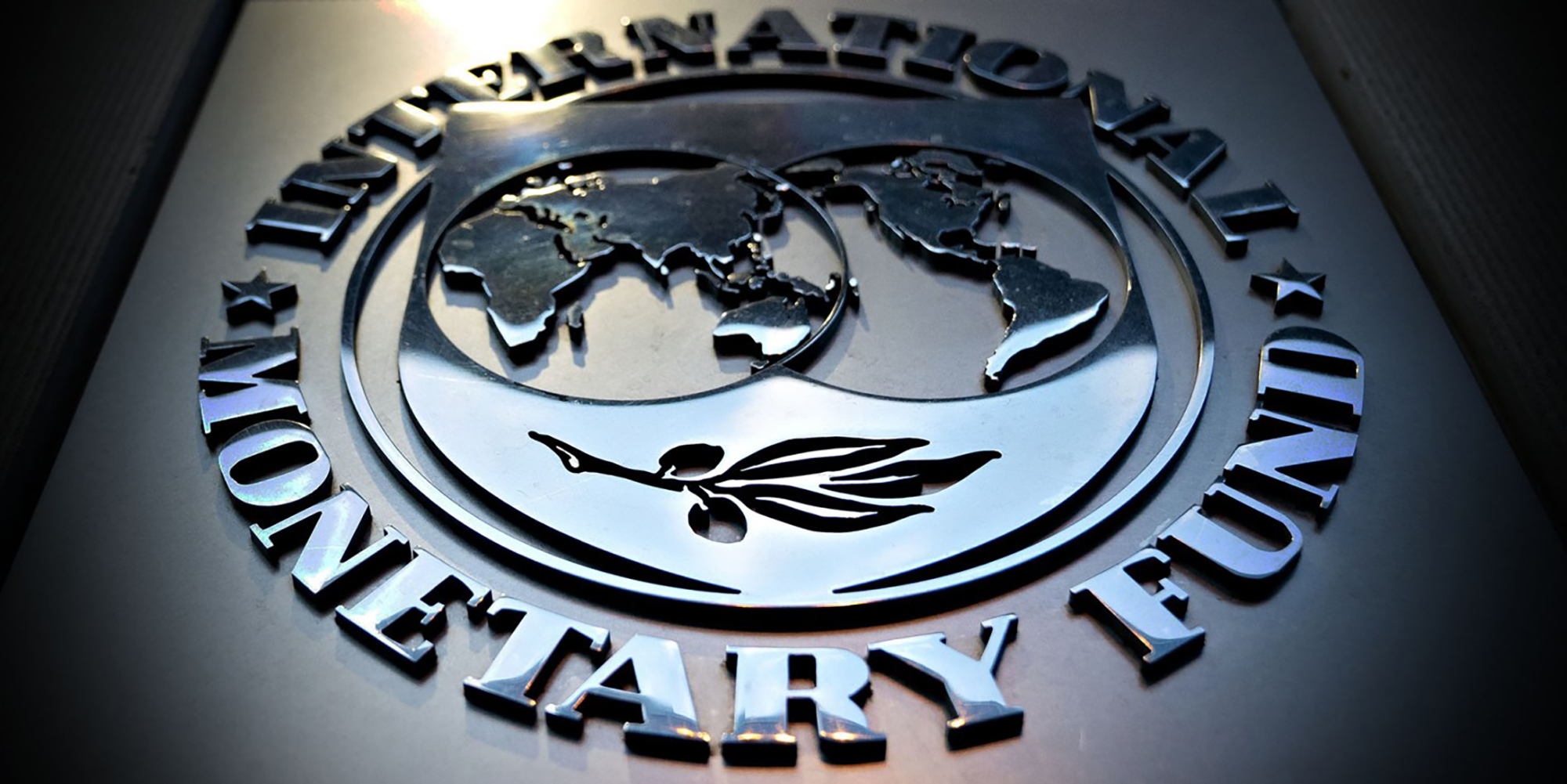The proponents of the “Western yoke” theory in the BRICS group claim the developing world is prejudiced in various ways by the already developed world, which has unfairly tipped the balance in their favour for generations, structuring the world so they can grab most of the global wealth for themselves.
To correct this obvious global flaw, the “Global South” needs to find its voice and assert its presence in the world. Hence, China, for example, will be pushing the BRICS bloc to become a full-scale rival to the G7, the Financial Times is reporting today.
It’s often claimed that the most obvious example of this inequitable power disparity is evident in the Bretton Woods Institutions – the IMF and the World Bank. That’s why Minister in the Presidency, Nkosasana Dlamini Zuma – a former foreign minister – told the BRICS Youth Summit that these institutions have “served the enduring and hegemonic principles of unipolarity, principally in pursuit of Western dominance and control of wealth-producing resources from the developing world”.
Proof of the bias of “the West” against the “Global South” is provided, for example, by the voting rights at the IMF. But is this true?
There is certainly some evidence, but it’s much less obvious than the proponents of the “Global South” would like. (Of course, the Global South in BRICS includes three countries that are located in the northern hemisphere, but, you know, it’s a conceptual notion, as is “the West”, which includes lots of countries in the East.)
Few things have been debated more thoroughly and at greater length than the IMF voting system. The current system is the product of more than a decade of negotiations. I am not making this up.
It currently works like this, and trust me, you are going to need to keep your brain from exploding to understand it. The quota formula is a weighted average of GDP (weight of 50%), openness to the global economy (30%), economic variability (15%), and international reserves (5%).
GDP is measured through a blend of GDP based on market exchange rates (weight of 60%) and on purchasing-power-parity (PPP) exchange rates (40%). The formula also includes a “compression factor” that reduces the dispersion in calculated quota shares across members.
Right. Now that all that is crystal clear, how does it pan out? To get to that assessment, I have compared the voting rights to the latest IMF calculation of nominal GDP; that is, GDP calculated essentially in dollars. I’m working on that basis because this is the nub of the issue: BRICS claim they are being shortchanged by the world because they are more powerful than their IMF voting rights suggest, and power is actual money – not conceptual money.
The BRICS countries constitute 26% of the world’s nominal GDP but have only 14% of the IMF’s voting rights. So, case closed you might say: the BRICS complaint is valid. Calculate GDP on a PPP basis, the result is even more egregious. In that case, BRICS countries have 32% of the world’s GDP and only 14% of the voting rights.
But it’s more complex than it might seem.
The reason for the disparity is, in the BRICS case, that China’s voting rights are much less than its GDP, even when measured on a conventional basis. China has only 6.08% of the IMF voting rights but constitutes 18% of the global economy.
As it happens, all the other BRICS countries, except India, have higher voting rights than their proportion of global GDP, and in India’s case, the difference is marginal.
And there is another thing: the US also gets a haircut, although not nearly as large as China’s.
Essentially what is happening here is that the IMF is trying to encourage countries to be more open; it’s interesting that the two biggest countries economically, the US and China, are both penalised on this measure. Perhaps they have more in common than they think they do!
The other is that the “compression factor” mentioned above really helps smaller countries. And here, once again, the IMF is trying to counter the perception that it is a global bully, so it’s given smaller countries, including SA, a bit more say than they ought to have in reality.
But all of this is a bit moot for two reasons.
First, big IMF decisions require 85% agreement, so the BRICS grouping (almost), the West, and, as it happens, the US on its own, each have a kind of veto. Second, and this is very important, the IMF is an organisation designed to provide financial support to countries in distress. That support is calculated in proportion to countries’ voting rights.
It’s the exact opposite of an example of global dominance: it’s a measure of financial responsibility because the organisation is a lender of last resort, not a commercial creditor.
You can put it this way: the higher your IMF vote, the more you are on the line when some distressed country slides off the rails.
It means, for example, that SA is technically on the hook for a little bit of Argentina’s staggering $46-billion debt and Egypt’s $18-billion debt to the IMF.
So it’s not that there isn’t an issue here.
Obviously, the countries of the old world don’t want their power diminished and have quietly opposed fundamental IMF reform. It’s just that the voting disparity at the IMF doesn’t prove the point that people like Dlamini Zuma want it to.
Personally, I’m all for a greater voice for the Global South, but does that voice have to be dominated by countries that are flagrantly authoritarian, undemocratic and vicious to their own citizens? DM
Business Maverick
After the Bell: IMF voting power doesn’t reflect what the BRICS countries claim





